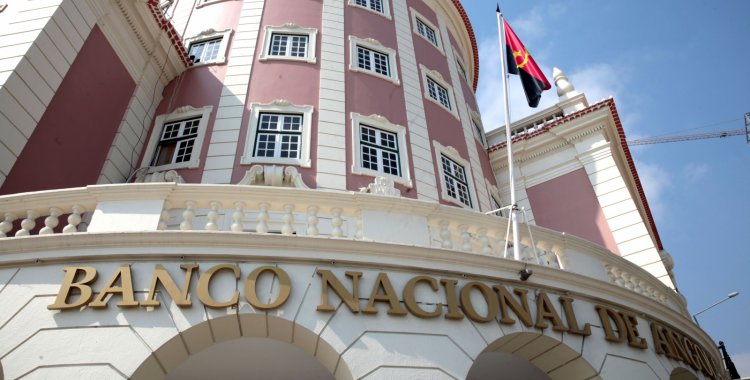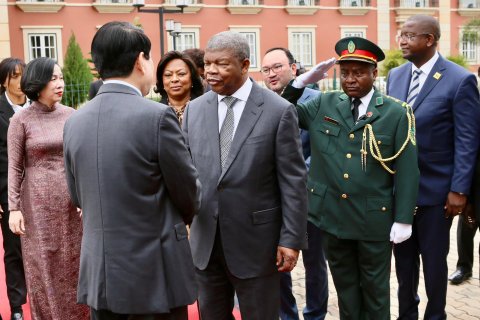Speaking at a press conference in Huíla, after the meeting of the Monetary Policy Committee, the governor of the BNA also encouraged economic operators, especially those that depend on imports, to opt for forward exchange.
José de Lima Massano said that the kwanza had appreciated 36 percent against the dollar until April, since the beginning of the year, and despite having registered "a certain pressure" in May, nothing points to an excessive variation of the Angolan currency towards depreciation. .
Also, the money supply did not slow down, since in May it exceeded one billion dollars, he continued, admitting that there may have been "a moment of adjustment", and it is likely that stability will be maintained.
"By the way, in the last few days, the exchange rate has practically not moved, we will have an indicator of what positive is happening", he underlined.
Therefore, the BNA will maintain the current course of monetary policy to maintain stability: "In this way, particularly for imported products, we are in a position to mitigate the external shocks that are currently happening with a generalized rise in prices in the main economies ", stressed the central bank official.
Lima Massano recommended that economic operators negotiate forward exchange with their commercial banks in order to obtain greater security.
"What we see is that many companies, some of which are large and with regular import needs, have an exchange rate that is negotiated at the moment ('spot') when there are instruments for the exchange to be negotiated on a forward basis", he said, suggesting that the products available in the foreign exchange market be made available by commercial banks to the main importers so that they have security.
"There is a sense of appreciation of the kwanza and what we felt was that many importers preferred to postpone their purchases in the expectation that the exchange rate would fall, before making the payment abroad and those who had reserves in foreign currency, seeing the appreciation of the kwanza also wanted to get rid of your dollars", he noted, not anticipating major changes to this picture.
The deputy governor of the BNA, Manuel Tiago Dias, said that, in the past, "the foreign exchange market was a puzzle, not only for the BNA, but for the economy" because it created difficulties for businesspeople and citizens, which is not the case now. , as it is playing "its true role as an external shock absorber".
He also pointed out that the operations are carried out through a Bloomberg platform, with several actors on the supply and demand sides, and in which the BNA does not intervene in the determination of the exchange rate.
"In our view, the exchange rate has already reached its break-even point. It is obvious that it fluctuates according to demand and supply, what we do not want on the BNA side (...) is that there are large fluctuations that end up for introducing uncertainties regarding the foreign exchange market. Only in this case can there be a specific intervention by the BNA", he added.
Lima Massano reiterated the central bank's concern with sharp variations as the objective is to maintain stability.
"We will continue to see the currency vary, to a certain extent", he stressed, ensuring that at the moment there are enough reserves to intervene, if necessary.
"About a month ago we made an intervention," he declared, explaining that it was necessary because there was too much money on the supply side.
"Then we decided to intervene, acquiring currency, to allow the market to continue to function with stability", said the governor, stressing that stability is not equal to a fixed exchange rate.







